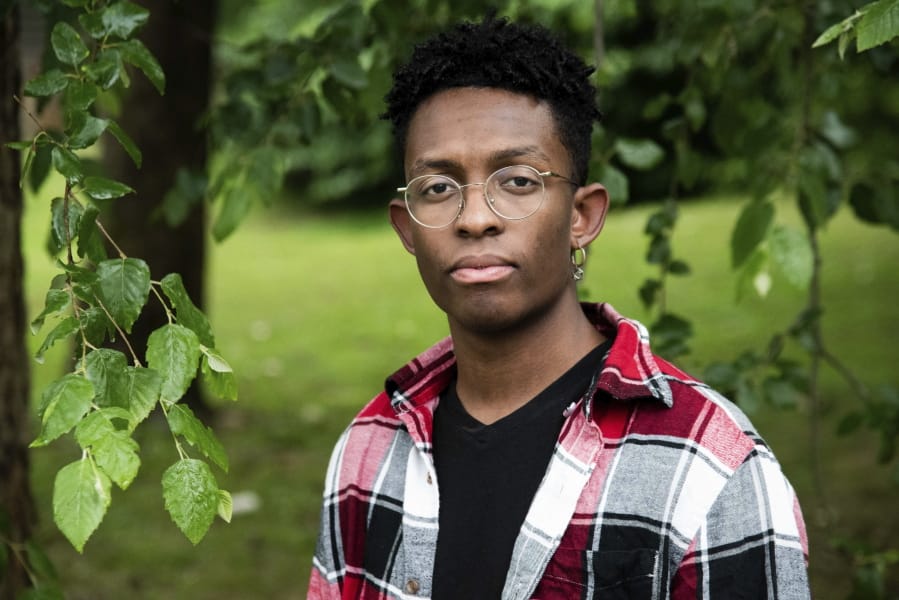NASHVILLE, Tenn. — When country singer Rissi Palmer was working on her debut album, she wanted a song like Gretchen Wilson’s “Redneck Woman,” a song that would introduce her and tell her story to fans.
On her 2007 debut single, “Country Girl,” she celebrated her country roots while explaining that she didn’t have to look or talk a certain way to call herself a country girl.
“I said that I am not white in the first verse, and the label was like, ‘No, no, no,'” said Palmer, who then rewrote the lyrics to make it feel more universal. “It was very intentional when I wrote that song to talk about all the women, or all the people, that might not necessarily fit in the box, but are still of the same mindset.”
The country music industry has long been hesitant to address its long and complicated history with race, but the death of George Floyd in police custody and the protests it sparked in the U.S. and around the world became a sound too loud for the genre to ignore.



